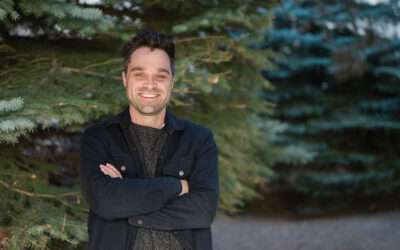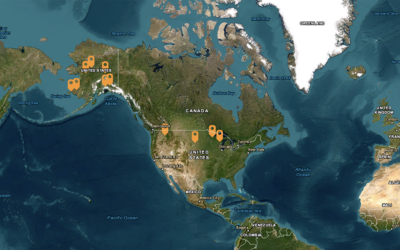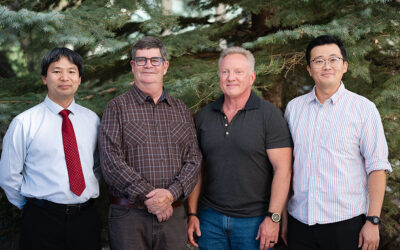Author: Melanie Sanchez
If you participated in the 2020 FIRST or VEX robotics seasons, on any platform, you
likely had an abrupt end to your season and future plans due to COVID-19. As a team
coach myself, I was incredibly disappointed to see the hard work and dedication from
students not get the opportunity to hit the field. Although our seasons did not end in an
ideal way, there are still amazing things taking place to stay connected and grow as a
team.
Staying Connected
During the past couple months, Zoom has become an essential worker tool, providing people
of all ages an opportunity to remain connected with the ones they care about. Many
companies began utilizing Zoom amid stay at home orders, to continue productivity for
employees who needed to work at home to prevent the spread of the virus. Students
and their teachers have used Zoom to continue their education, ensuring that they can
progress their education, even from the kitchen table our robotics teams has
joined the long list of those using Zoom or Skype to have meetings or end of season
banquets.
A Nevada based team 7424 – Sin City Robotics, kept in touch with one
another through weekly Skype meetings. In their meetings they talked about upcoming
season plans, and picking up where their season left off. It has been great to see a large
number of other teams also put in an effort to continue business as usual given the
unique circumstances. First Nevada has also made use of video chats and streams as
tools to keep teams in touch. Mentors and students created workshops, hosted team
meetings, and brought the FIRST community together amid a crisis. Hall of Fame team,
987 The HIGHROLLERS, from Las Vegas planned and hosted an electrical workshop for
the FIRST community. In the workshop, they illustrated basic tools and components of
the FRC wiring system.
End of Year Accomplishments
To pay homage to all the seniors who’s graduations were affected by the pandemic,
team 2468, Team Appreciate, hosted FIRST’s first ever signing day. Similar to what
athletes do when they declare for schools, FIRST seniors were able to declare what
colleges they planned on attending the next school year. FIRST Signing Day gave the
FIRST community the chance to celebrate the achievements of seniors all over the
country and world in front of their peers and loved ones. Many robotics organizations
have also sent out newsletters highlighting seniors and their plans after graduation.
Keeping spirits high, VEX robotics created and hosted the first ever simulated Fantasy
Robotics Tournament for their world championship, ensuring that the teams and all
their hard work didn’t go to waste. Vex utilized previous match scores and performance
to simulate how teams would have competed at worlds. Teams, coaches, and volunteers
watched on streams as simulation updates were sent out as they awaited for the
winner of end of season awards.
As states begin to reopen, we start to transition back into familiar routines.
However, that does not mean that we cannot continue utilizing Zoom and the
advancements made during the pandemic to further the learning of our students.
Weekly video calls can provide convenient meetings, for individuals who are not able to
be there in person. Online workshops provide an avenue for older more experienced
teams to pass down knowledge and experience to newer rookie teams. Signing day can
become a yearly event, allowing the entire robotics community to celebrate the
accomplishments of all seniors, not just the ones on your team. The different
advancements made during the pandemic can officiate efficient and productive growth
for the STEM community and everyone within it.


